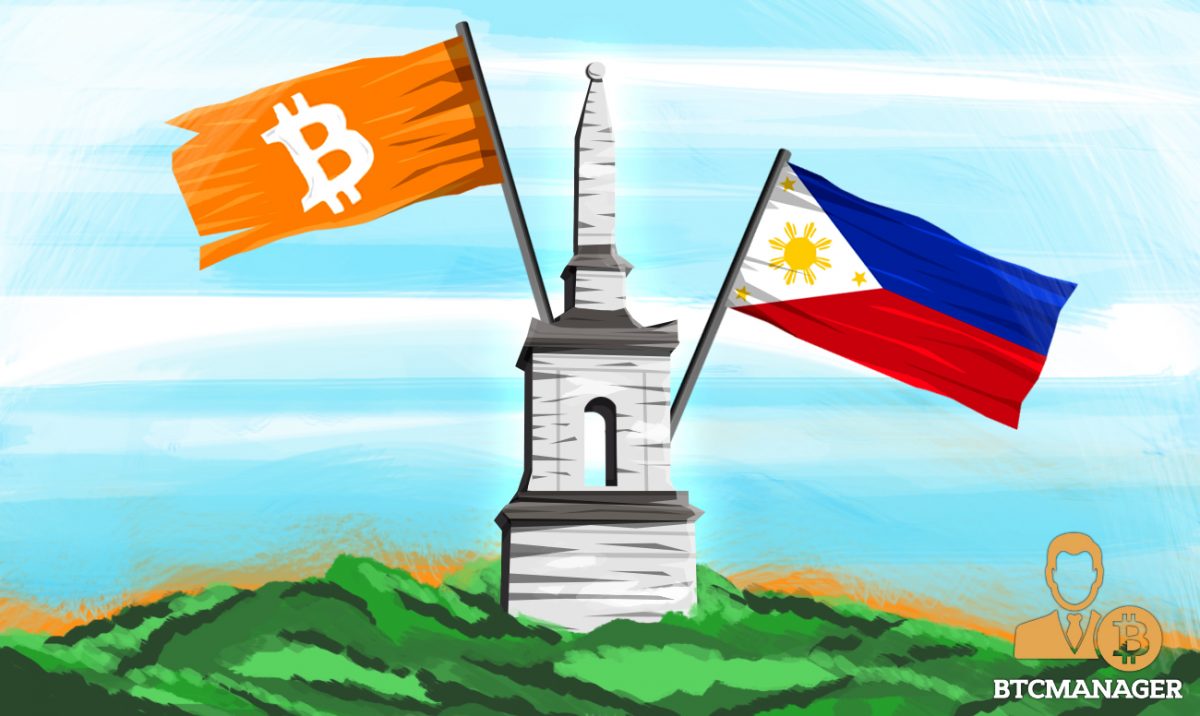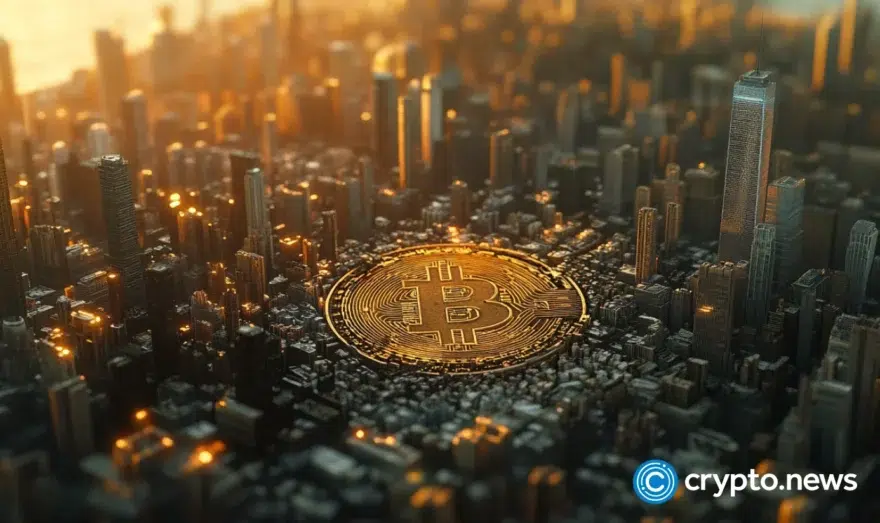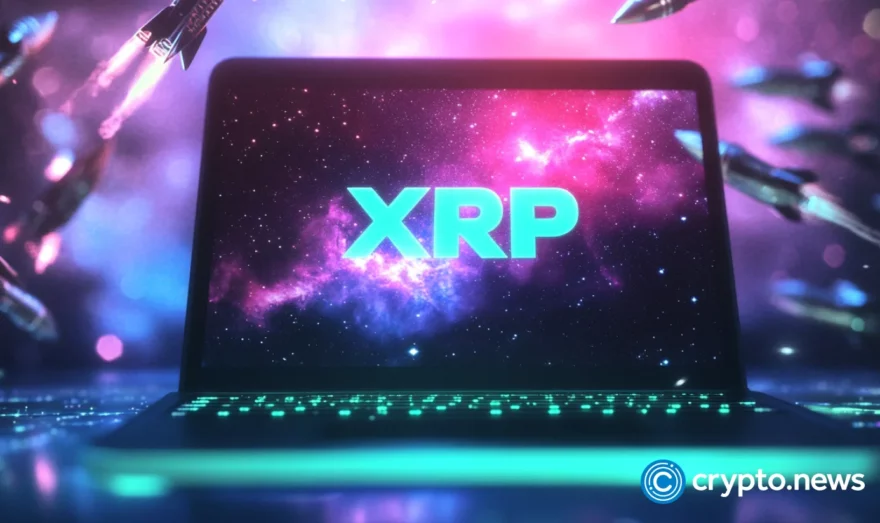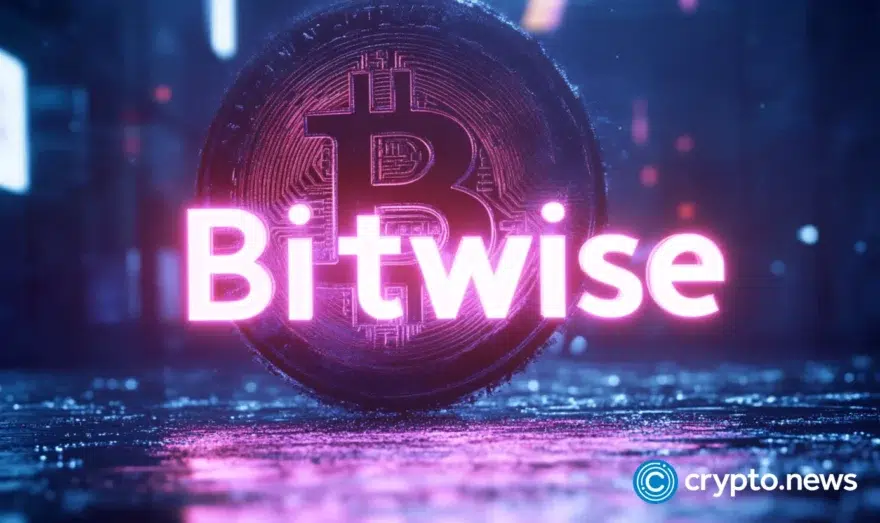Central Bank of the Philippines Plans to Regulate Bitcoin

Bankgo Central ng Pilipinas (BSP) is looking to regulate bitcoin and other digital assets in the Philippines.
Seeking Guidance in an Unregulated World
According to Chuchi Fonacier, Deputy Governor, the bank plans to impose new regulations for cryptocurrencies. The Philippine official wants specifically to work with exchanges and businesses whose business models revolve around digital currencies, as stated in a December 13 news conference. Additionally, BSP has announced their partnership with the Securities and Exchange Commission for this purpose.
These new regulatory guidelines would be the first of their kind in the country; in a world where only a limited number of states have moved to regulate (or ban) cryptocurrency transactions. For the majority of countries, bitcoin has no regulatory framework or legal status.
The central bank of the Philippines currently has 12 pending bitcoin exchange applications under review. Despite having allowed a licence for two other cryptocurrency exchanges in 2017, the bank has made no official statement on bitcoin, nor publicly endorses digital currencies.
“We do not endorse virtual currency as a currency because it is not a currency,” said Melchor Plabasan to a news conference. Plabasan is the head of the Core IT Specialist Group of BCP.
BCP has also directly advised citizens not to invest in bitcoin, and to use it as no more than a remittance method. The reason behind their caution was for their citizens’ protection, which could not be guaranteed as a result of the lack of respective regulation.
The bank’s statement should not go unheeded, as the cryptocurrency market is unprecedentedly volatile.
Remittance Opportunities
The Philippines receives a significant amount of international remittances from local citizens working in other countries. As these amounts grew from a total monthly average of $2 million in 2015 to $8.8 million in 2017, a substantially-increased need for efficient, low-cost remittance methods arose.
Naturally, entrepreneurs have responded to the opportunity, with both firms approved in 2017 offering remittance services. These new Philippine cryptocurrency companies are Betur and Rebit.
According to BSP, the digital currency industry is often taken advantage of by those using it for the wrong purposes. Terrorist funding and money laundering are perhaps the most noteworthy examples that have stimulated upcoming regulatory guidelines.
“We only regulate bitcoin or virtual currencies when it is used in delivering financial services like remittance and payments,” said Plabasan, acknowledging that the Philippines or BCP do not have the power to regulate anything further when it comes to cryptocurrency.
In an effort to protect Filipinos who purchase the cryptocurrency, the BSP intends to issue a public advisory on the best methods for keeping bitcoin wallets safe, according to Plabasan.
He went on to warn about the myriad of pyramid schemes active in the market, with many taking the cover of initial coin offerings in an attempt to siphon funds from unsuspecting investors. “We will advise the general public to be wary of these types of institutions… and they should only deal with those that are registered with the BSP,” added Plabasan.
As it stands, cryptocurrencies are banned in a number of countries. These include China, Bangladesh, Bolivia, Nepal, Kyrgyzstan, and Ecuador. While some central banks accept the influence of digital money and seek to regulate their usage, other countries remain indifferent, perhaps waiting for new developments to unfold before taking an official position.














